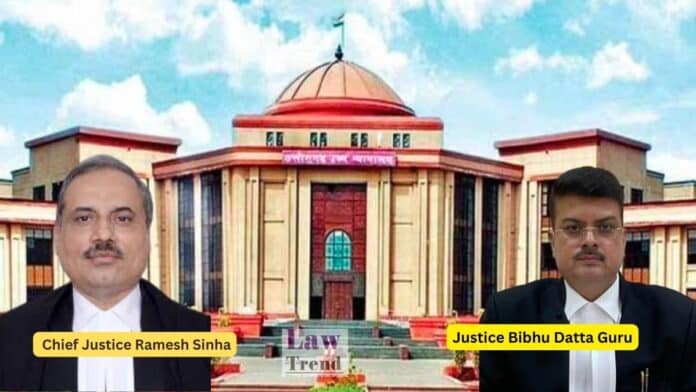The High Court of Chhattisgarh, in a significant ruling, has held that the offence of kidnapping for ransom under Section 364-A of the Indian Penal Code (IPC) is not established if the prosecution fails to prove that a demand for ransom was made. The court set aside the life imprisonment sentences of three men convicted
To Read More Please Subscribe to VIP Membership for Unlimited Access to All the Articles, Download Available Copies of Judgments/Order, Acess to Central/State Bare Acts, Advertisement Free Content, Access to More than 4000 Legal Drafts( Readymade Editable Formats of Suits, Petitions, Writs, Legal Notices, Divorce Petitions, 138 Notices, Bail Applications etc.) in Hindi and English.




